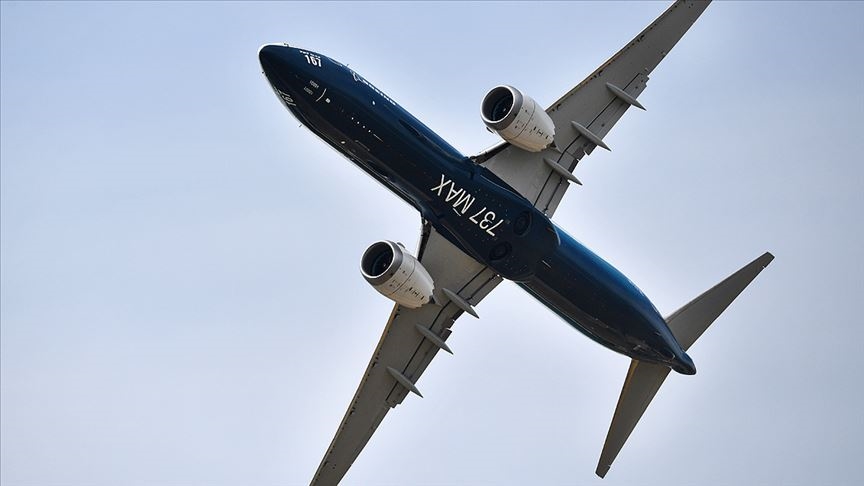On January 25th, the executives acknowledged that the delivery rate for the 737 model remains unpredictable.
"We are not stable, and we are still bumpy. But we still feel good about the overall trajectory," said Boeing chief financial officer Brian West.
During the 2022 earnings call of the company, CEO David Calhoun emphasized that the company is putting significant effort into resolving labor and supply chain issues that are currently affecting the production of the 737 aircraft.
"We continue to face a few too many stoppages in our lines. Difficult, difficult supply chain," said Calhoun.
According to figures released by Boeing, the company's monthly delivery rates of 737 aircraft were highly inconsistent throughout 2022. In December, the company delivered 53 of the jets, however, the numbers dropped to 33 in November and 23 in October. The average number of 737s delivered monthly in 2022 became 32.
On January 25th, Boeing informed investors that they expect the Boeing Commercial Airplanes division to generate between $2.5 billion to $3.5 billion in cash in the current year. In the past, the production rates of the company were closely aligned with the delivery rates. However, due to the grounding of the 737 MAX, this trend has been disrupted, resulting in a surplus of undelivered 737s. As a result, the company's monthly deliveries of 737s now include both newly manufactured planes and those from its existing inventory.
Boeing plans to deliver the majority of the 250 aircraft by the end of 2024, but the schedule is dependent on when the company can restart shipments to Chinese airlines. These deliveries have been halted since the grounding of the 737 MAX in 2019. Recently, Chinese airlines have resumed 737 MAX flights, but they currently have 99 undelivered of these aircraft in storage at Boeing facilities. The resumption of shipments to Chinese airlines will play a critical role in determining the pace of delivery for these 250 aircraft.
"We are not stable, and we are still bumpy. But we still feel good about the overall trajectory," said Boeing chief financial officer Brian West.
During the 2022 earnings call of the company, CEO David Calhoun emphasized that the company is putting significant effort into resolving labor and supply chain issues that are currently affecting the production of the 737 aircraft.
"We continue to face a few too many stoppages in our lines. Difficult, difficult supply chain," said Calhoun.
According to figures released by Boeing, the company's monthly delivery rates of 737 aircraft were highly inconsistent throughout 2022. In December, the company delivered 53 of the jets, however, the numbers dropped to 33 in November and 23 in October. The average number of 737s delivered monthly in 2022 became 32.
On January 25th, Boeing informed investors that they expect the Boeing Commercial Airplanes division to generate between $2.5 billion to $3.5 billion in cash in the current year. In the past, the production rates of the company were closely aligned with the delivery rates. However, due to the grounding of the 737 MAX, this trend has been disrupted, resulting in a surplus of undelivered 737s. As a result, the company's monthly deliveries of 737s now include both newly manufactured planes and those from its existing inventory.
Boeing plans to deliver the majority of the 250 aircraft by the end of 2024, but the schedule is dependent on when the company can restart shipments to Chinese airlines. These deliveries have been halted since the grounding of the 737 MAX in 2019. Recently, Chinese airlines have resumed 737 MAX flights, but they currently have 99 undelivered of these aircraft in storage at Boeing facilities. The resumption of shipments to Chinese airlines will play a critical role in determining the pace of delivery for these 250 aircraft.

